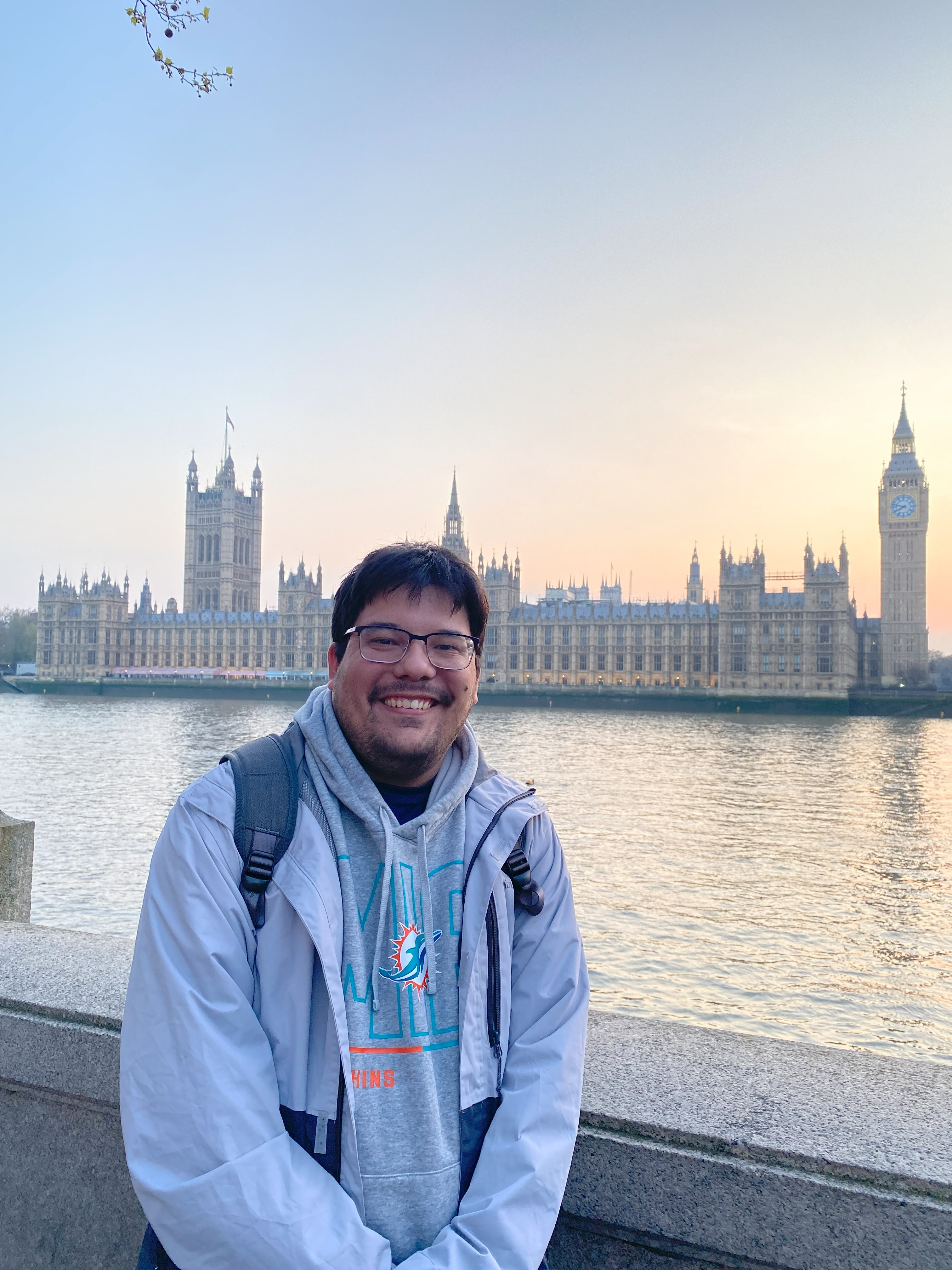YSL Trial: Pregnant attorneys ask judge to wait before ruling on severances

Given the slow pace of jury selection, two pregnant attorneys representing defendants in the “Young Slime Life” gang case think they can have their babies, take maternity leave and still be back in court for opening statements.
Fulton County prosecutors filed a motion last month seeking to sever the cases of two of the 14 defendants in the interest of “judicial economy” after learning their attorneys, Nicole Fegan and Teombre Calland, are pregnant.
Both women wish to remain on the case, and persuaded Chief Judge Ural Glanville to wait until late April before deciding whether to separate their clients’ cases.
Fegan, who represents defendant Tenquarius Mender, said it’s possible jury selection could still be ongoing by the time she returns in early August. Calland, who is set to begin her maternity leave in early July, also thinks its possible she’ll back by the start of the high-profile trial. Jury selection began in early January and two months later, not a single juror has been seated.
Neither defendant wishes to find a new attorney, Prosecutor Adriane Love told the judge.
“The only two options available are to extend an offer that their clients will accept or sever their clients from the trial,” Love said Wednesday.
She said the state offered Mender a “very generous” plea deal last year, which he turned down. As for Adams, who is already serving a life sentence for murder in an unrelated case, she said there’s nothing prosecutors could offer that would modify his sentence.
Fegan said by late April, the court would have examined another 600 potential jurors for hardships. Her client has no issue with having another attorney sit in for the jury selection process as long as she’s back for the trial itself, she said. Calland said Adams is also OK with having someone stand in temporarily.

“Mother Nature is not something that I can bargain with, and while we are all thrilled (at the impending arrivals) ... there are a lot of unknown variables,” the judge told the attorneys. “We should have, if all works out, a jury by early summer.”
Glanville estimates that after hardship examinations are completed it could take another two to four months to get through individual questioning. That process, known as voir dire, gives prosecutors and defense attorneys the chance to find out what perspective jurors know about that case and what their attitudes are toward pertinent topics such as gangs or hip-hop.
Because 14 defendants are being tried simultaneously, the trial is expected to last up to nine months.
Fegan and Calland asked the judge to wait until April 28 and “see where we are” in the jury selection before ruling on the state’s motion to sever their clients. The judge agreed.
“There are so many factors to contend with that are unknown, so I think that’s a reasonable ask at this point in time,” Glanville told the women.


